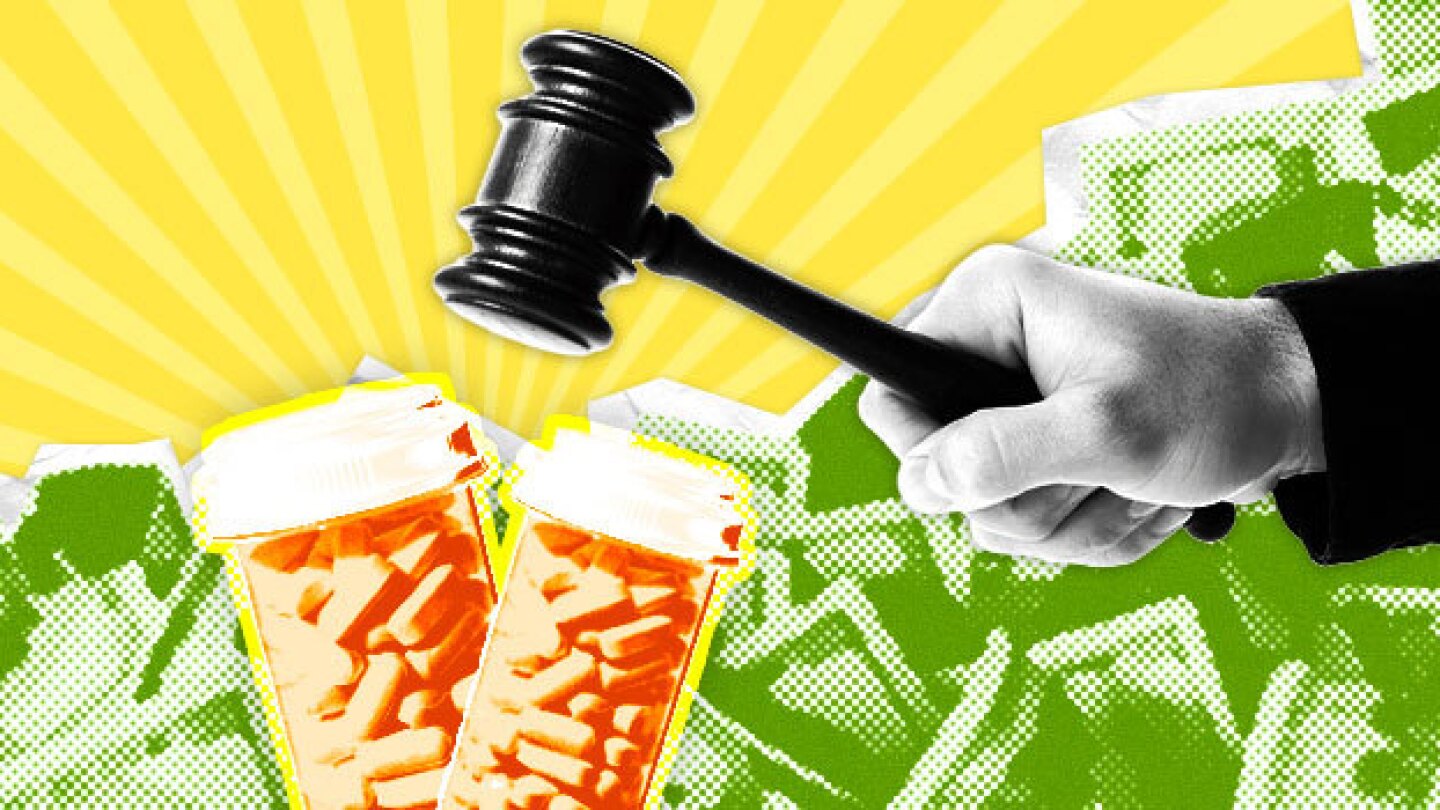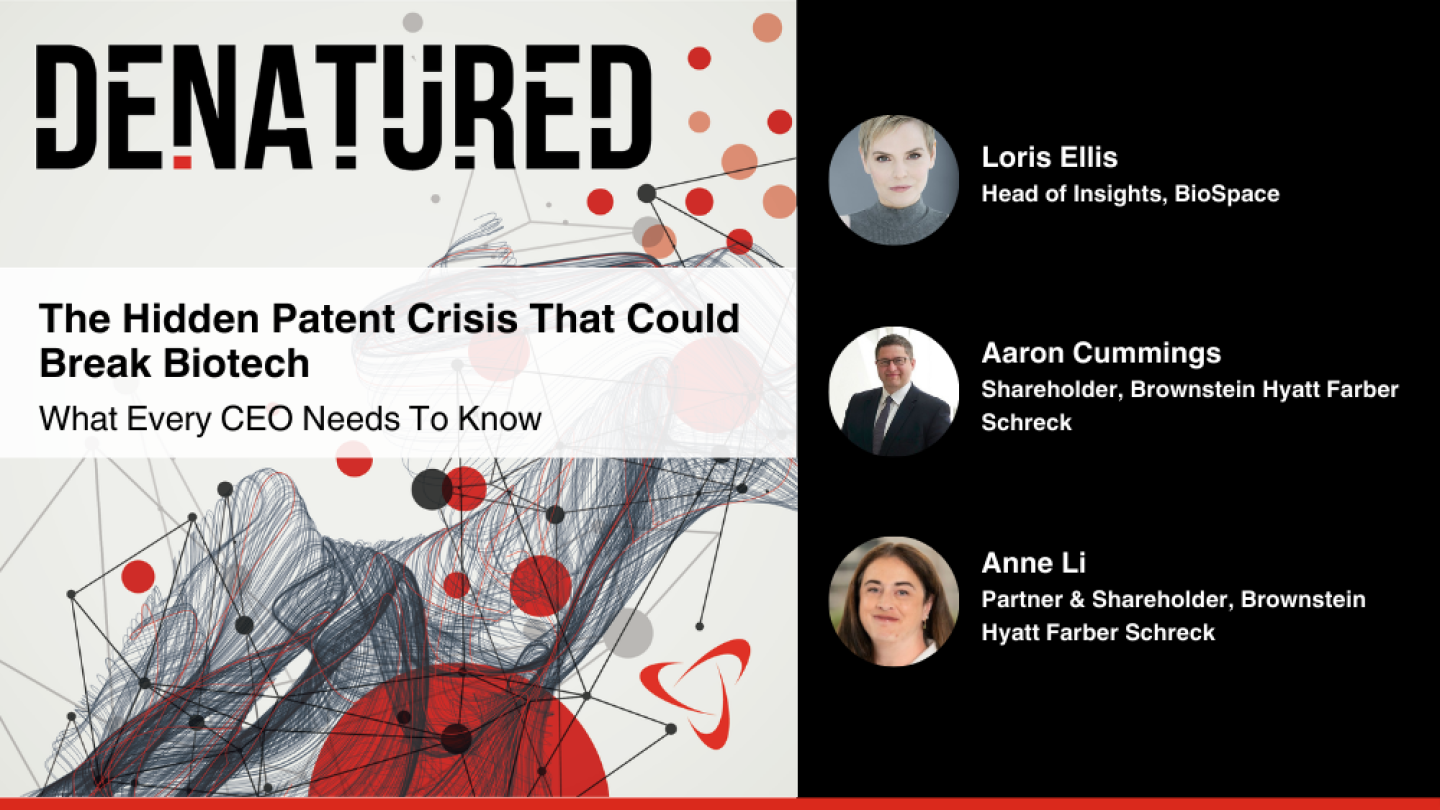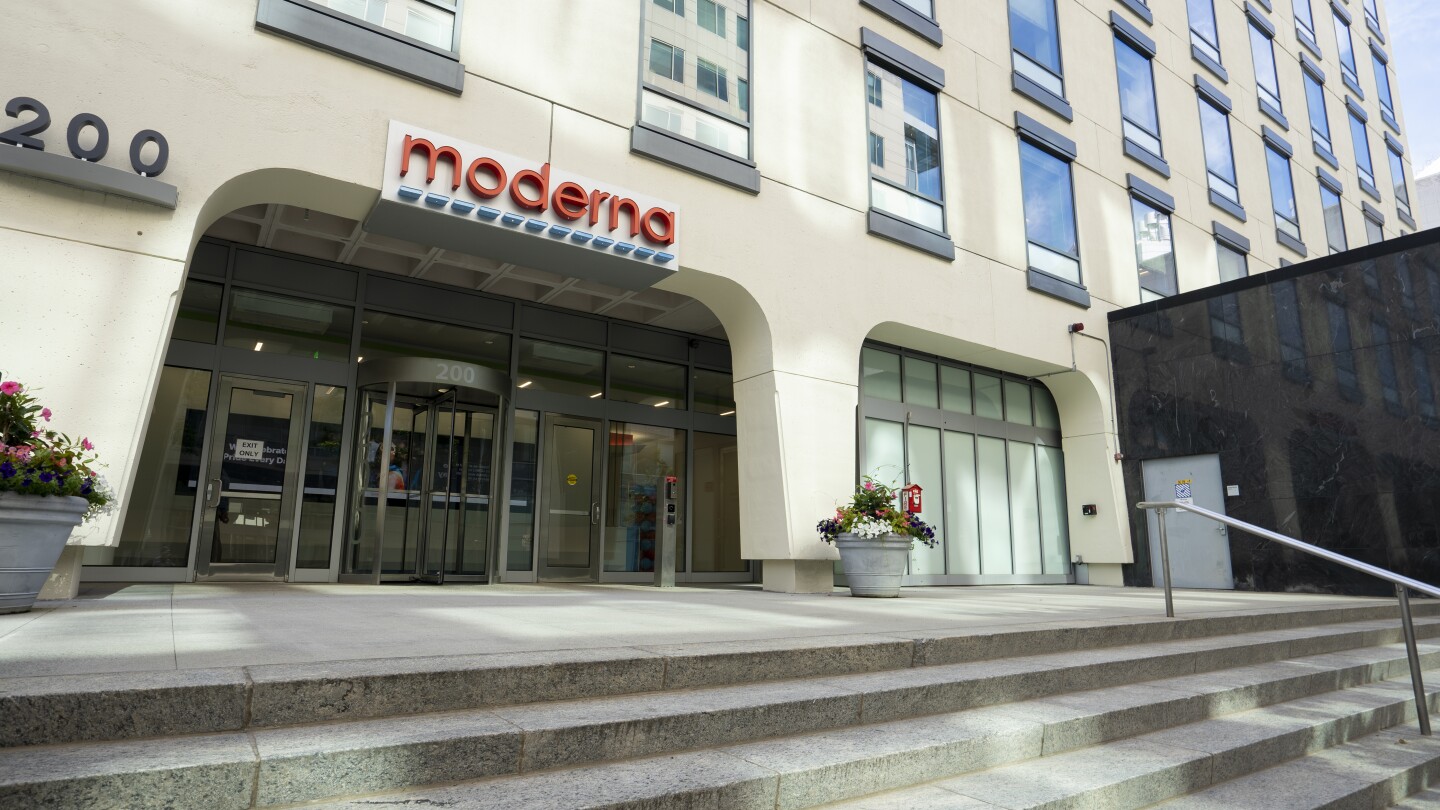Patents
Sales of Merck’s longtime oncology blockbuster Keytruda will erode more starkly in about 2033 rather than 2029, predicts Bloomberg Intelligence, translating to some $22 billion more in revenue.
A lower court had previously ruled for Sarepta in the companies’ long-running dispute, finding that REGENXBIO’s AAV patent was invalid because its elements were naturally occurring. The appeals court on Friday said that this original decision adopts a “narrow” view of the invention.
Arbutus alleges that Moderna’s COVID-19 vaccine infringes on patents protecting its lipid nanoparticle delivery technology.
An analysis finds that pharmas frequently file multiple similar patents on drugs, then use them as the basis for questionable litigation against would-be competitors.
Pfizer CEO Albert Bourla defended his company’s vaccine business as rhetoric from HHS Secretary Robert F. Kennedy Jr. drives a notable drop in COVID-19 sales.
The company cut back in areas while investing in internal and external opportunities to offset the loss of exclusivity on a product that until recently accounted for 20% of innovative medicine sales.
For the last two years, Keytruda has reigned as the world’s top-selling drug—a distinction under threat with key patent protections expiring in 2028.
The settlement agreement will extend market exclusivity for AbbVie’s JAK inhibitor in the U.S. until 2037—providing pediatric exclusivity is granted.
In this episode of Denatured, BioSpace’s head of insights Lori Ellis discusses the ‘enormous implications’ of patent policy changes with Aaron Cummings and Anne Li of Brownstein Hyatt Farber Schreck.
A U.K. Court of Appeals ruling confirms the validity of a patent covering modifications of mRNA used in Moderna’s vaccines.
PRESS RELEASES










